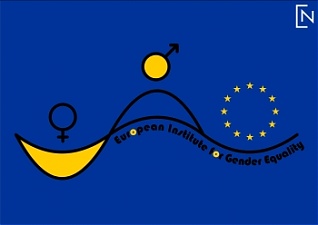Analytics, Education and Science, EU – Baltic States, Latvia, Legislation, Society
International Internet Magazine. Baltic States news & analytics
Saturday, 27.04.2024, 05:34
Segregation in education, poverty risks named as greatest challenges to gender equality in Latvia
 Print version
Print version |
|---|
As LETA was told at the parliamentary press office, the EIGE expert said during the meeting with lawmakers that there are still professions in Latvia that are regarded as women’s jobs, like the profession of teacher. In the future, such segregation can leave a negative impact on the labor market, Mosca warned. The dropout rate in Latvia’s education system is also high, the expert noted, adding that the number of boys dropping out of schools is higher than the number of girls who do not finish school.
The EIGE expert also indicated that poverty risks in Latvia’s society had increased since 2005. The risk of poverty is higher among women, especially single mothers.
Latvia’s performance in all areas, including knowledge, money, jobs, power, time and health, has improved over the past decade, but progress, like in all the EU, is still very slow, Mosca said.
The joint meeting of the two Saeima committees as held today to discuss with the EIGE expert Latvia’s performance in the European Gender Equality Index, which also covers issues concerning violence against women.
The index shows that the level of violence against women in Latvia is higher than in the EU on average. “The high rate of violence against women has to be reduced and tolerance to violence must be eradicated,” Inese Laizane, chairwoman (National Alliance) of the Saeima Human Rights and Social Affairs Committee, said after the meeting.
The European Institute for Gender Equality (EIGE) is an autonomous body of the European Union, established to contribute to and strengthen the promotion of gender equality, including gender mainstreaming in all EU policies and the resulting national policies, and the fight against discrimination based on sex, as well as to raise EU citizens’ awareness of gender equality.








 «The Baltic Course» Is Sold and Stays in Business!
«The Baltic Course» Is Sold and Stays in Business!

